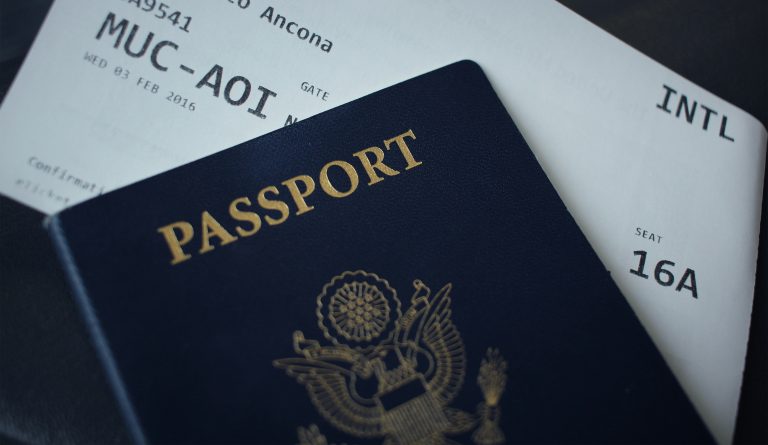Multi-Culturalism as a business buster

One of the first things you notice when your company expands overseas is the rich diversity of employees with different cultural backgrounds. Making an organization multi-cultural creates opportunities for new kinds of collaboration, and opens our Israeli business culture to new and productive horizons. But along with all these, there are a few important factors we should notice to avoid unpleasantness or even conflicts among colleagues, suppliers and customers.
1. Cultural diversity – it's not only about different cuisines…
The first point, which seems obvious, is the cultural difference between employees from different countries. Cultural differences do not only manifest in style of clothing or culinary traditions, but also in deeper layers that have important implications on business. Different cultures have different ways of thinking, solving problems, and even different interpretations of the same words or facial expressions. A well-known example is the nodding of the head, which is construed as “yes” throughout most of the world, but in India and Nepal means “no”. Not being aware of such differences may lead to embarrassment at best, but can be really crucial at worst.
Other cultural differences are in the way people make decisions or respond to authority. In some cultures, decisions are made quickly, without consulting managers or superiors, compared to cultures in which each decision is made after a lot of thought and consultation with superiors. When you begin working with people from different cultural backgrounds, explain what you expect, and give them time to adjust to a different way of thinking.
2. Efficient Hiring
When recruiting in a foreign country, it’s important to get to know the work environment in that country, as well as its culture and leadership. Hiring an employee in the UK is not like hiring an employee in China – culturally, as well as practically and legally. When we meet a potential candidate, it’s important to understand her background, what she expects of the role, and to find out the cultural norm regarding working hours, salary, and benefits.
Another point which is no less important is to pay attention to employees whose English may not be very strong. These employees often have extensive knowledge that may be important, but if we disregard them because of their poor English, we may miss out on a significant contribution.
3. Beware of Stigmas and Stereotypes
A common trap into which many employers fall is subscribing to ethnic stigmas, e.g.: all Chinese are diligent, all Japanese are punctual. Beware of assigning stereotypes to a candidate or potential employee, as we often give this too much importance, thus ignoring the positive or negative factors that do not fit our conception of the person.
4. Don't Forget to Wish Happy Holidays!
There’s a well-known rule: a loyal employer will have loyal employees. In order to establish your credibility with your global employees, make sure to wish them happy holidays, send them an email when something unfortunate happens in their home country, and make sure to maintain continuous contact. Keeping in touch with your global employees enhances their sense of belonging to the company, and their sense of obligation and commitment. In a multi-cultural organization, it’s also important to remember that employees celebrate different holidays at different times. Pay attention to this and make the necessary preparations in advance, so that your foreign employees may enjoy their holidays just like their Israeli counterparts.
5. Use the Technologies that are at your Disposal
Recent years have seen the development of new and effective technologies that are especially adapted to global and multi-cultural organizations. When you choose the technology to use, make sure to choose one that supports your employees’ mother tongues and the interfaces they know in their home countries.
After choosing the right technologies for task management, conference calls, ongoing communication and backup, make sure all employees are proficient in using the technology, and conduct training sessions if necessary.
6. Hire Experts
Despite the challenges, multi-culturalism is a source of business development – inside and outside the organization. Experts on global outsourcing will give you the tools you need to discuss unique methods of problem solving, with each employee bringing their unique cultural approach to the table. An in-depth knowledge of the local markets, work culture and regulation are a valuable asset that only an external company of specialists on the destination country can provide. They can help you penetrate the market in the best way possible.
Global people’s experts have vast knowledge and experience in making your cultural diversity and global reach turn into a tangible added value for your business. We would love to share it with you and to tell you more about our services.
Talk to us; we will make it worthwhile.






